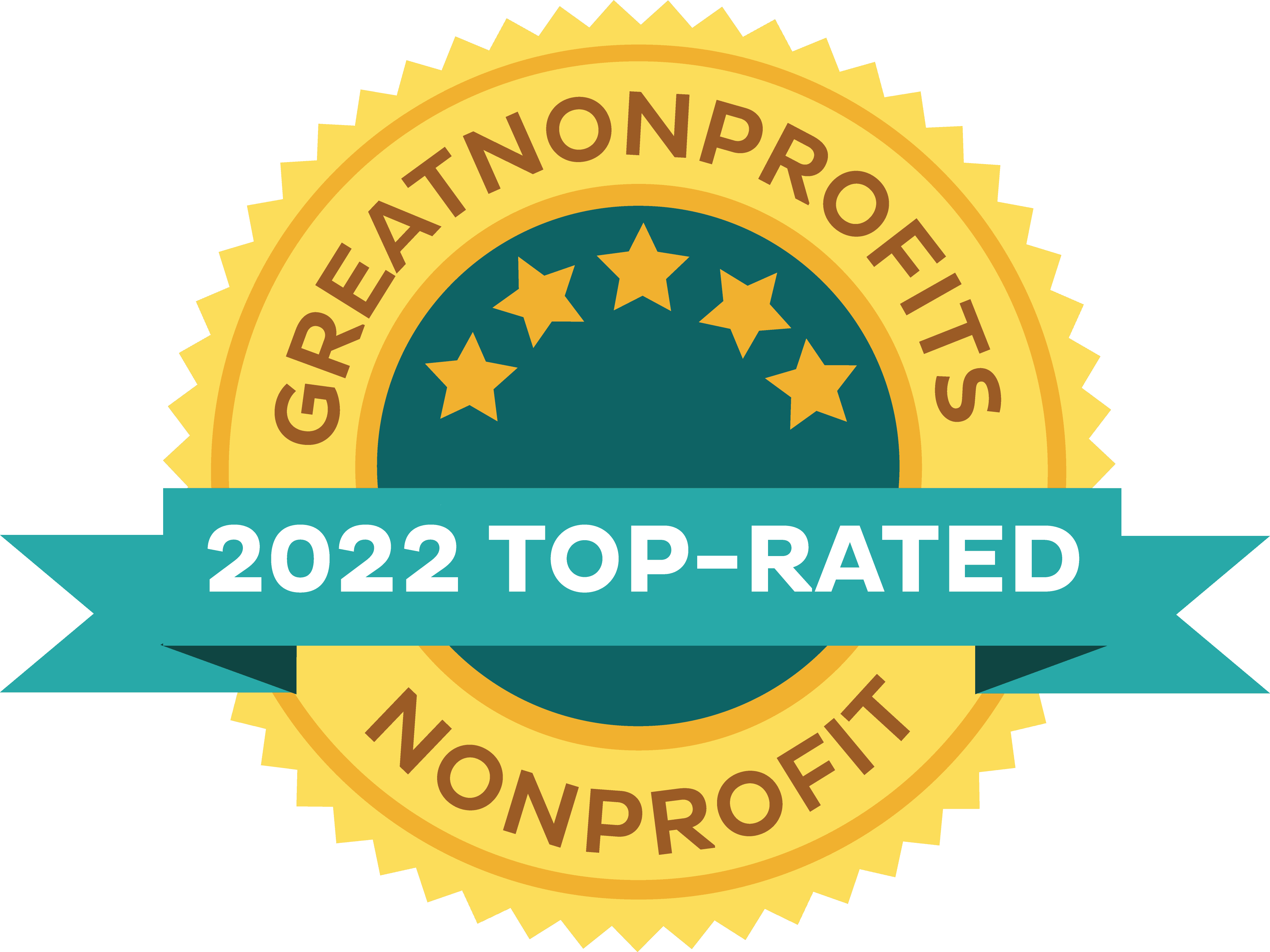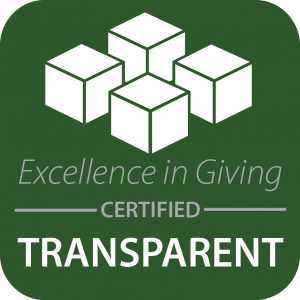My neighbor’s husband does not allow her to visit family or friends. She is only allowed to keep in touch at a distance. He wants her to believe it’s for her own good. She is no longer allowed to work and is now dependent on his income. She is only allowed outside at certain times, unless he decides it is necessary. Surely this does not sound like a healthy relationship.
Replace “husband” with “government” and you will see just how much we have normalized severe restrictions on our freedom. Naturally, we are furious when such behavior takes place within a relationship, but we do not have the same reaction when it comes to our relationship with governments.
Governments must view people as healthy until proven otherwise
If governments have a right to exist, then their only task is to protect life and property. From a libertarian perspective, everyone has the right to do as they please, so long as they don’t harm anyone else.
Libertarians agree that you should avoid making other people sick. But while governments see us all as walking bringers of disease, libertarians have freedom as a starting point.
Restricting freedom because people might be sick is just as tyrannical as holding people to be guilty until proven otherwise.
Men commit seven times as many violent crimes as women. But it would be irrational and unjust to impose a curfew on men because they might commit a violent crime. Freedom is the starting point, alongside the presumption of innocence. Quarantining sick people can be a proportional action, but only when someone is proven to be sick.
How useful is constant testing?
A scientific study published in the Journal of the American Medical Association (JAMA) suggests that those with asymptomatic cases of COVID-19 are less contagious. If there is a case of COVID-19 with symptoms in a household, there is a 16.6% chance that other household members will also become infected.
However, when the COVID-19 cases are asymptomatic, the infection risk drops to 0.7%, meaning it is highly unlikely that others will become infected.
Nonetheless, individuals and businesses should be allowed to demand a negative covid test from those who access their property. Festivals should be free to choose whether or not to test visitors, just as visitors should be free to decide whether they want to go to a festival where there is such testing.
These measures should not be imposed by governments, because everyone should be free to make their own assessments. From a libertarian perspective, governments should not be imposing constant testing.
Governments can’t learn. Only people learn
In his article, The Use of Knowledge in Society, the economist Friedrich Hayek made the case that a free market economy works better than an economy that is centrally planned.
The key reason is that central planners can never acquire as much knowledge as a free market economy in which knowledge is distributed locally and communication takes place through prices. When governments make decisions for everyone, what you get is an ineffective one-size-fits-all policy.
There are ways in which we can apply Hayek’s insights to the pandemic. Governments aim to reduce the number of COVID-19 cases, so they seek help from scientific advisory bodies, which consist of experts in infectious disease control.
Although these advisory bodies know a lot about infectious diseases, they know nothing about the economic consequences of lockdown measures, priorities, or trade-offs in general. Furthermore, they cannot estimate the impact these policies have on individual families and companies.
COVID-19 lockdowns have been costly
Studies have estimated that there are around a million undiagnosed cancer cases in Europe, which is higher than the total number of fatalities from COVID-19. As a result of lockdown measures and government intervention, people have started to live less healthy lives, and the number of people living in extreme poverty throughout the world has increased by some 150 million.
Due to one-size-fits-all COVID-19 policies, many people have suffered unnecessarily. If we added up all the figures, it is probable that lockdown measures have ultimately cost more lives than they have saved.
Hayek’s insight is that it is better for people to make decisions for themselves than for someone else to make decisions for them. For instance, older people with underlying conditions will make different decisions than young people.
Florida is an interesting example of this; with just about the oldest population in the United States, since September 2020, amusement parks and restaurants have been open in Florida. This has not resulted in an increase in COVID-19 fatalities relative to states where strict lockdown measures persisted.
Florida and Sweden are not examples of a libertarian response
Nonetheless, Florida has still employed one-size-fits-all policies. For example, the governor of Florida prohibits companies from asking about the vaccination status of their customers.
Although I am certainly no fan of vaccine passports myself, companies should be free to exclude customers based on their vaccination status, as long as this is their choice, and not imposed through government intervention.
The same goes for Sweden, where moderate measures were implemented but most businesses remained open. Despite a less top-down response, in relative terms, the COVID-19 death rate in Sweden is similar to that of other European countries with much stricter measures.
However, Sweden also implements a one-size-fits-all policy in some regards. For example, concerned parents have not been allowed to pull their children out of school and take up homeschooling instead.
In a truly free society, people must have the freedom to make their own decisions. A libertarian COVID-19 policy could be summarized as: let people be free, but stay at home if you have symptoms.
To read more about issues related to the COVID-19 pandemic, be sure to check out our cluster page by clicking on the button below.
A version of this article was previously published by Elsevier Weekblad
This piece solely expresses the opinion of the author and not necessarily the organization as a whole. Students For Liberty is committed to facilitating a broad dialogue for liberty, representing a variety of opinions. If you’re a student interested in presenting your perspective on this blog, send your piece to [email protected], and mention SFL Blog in the email subject line for your chance to be published and be seen!

















